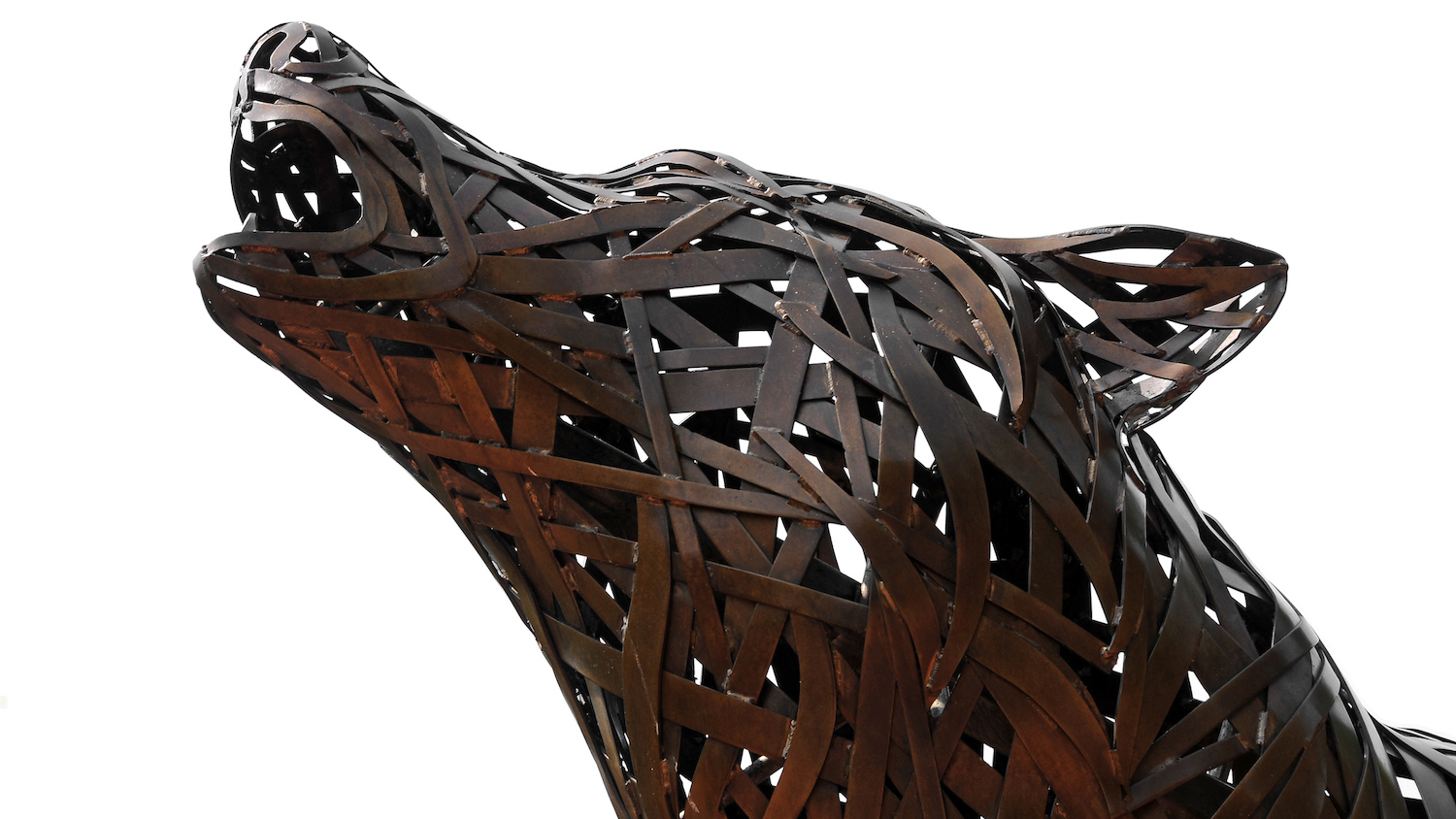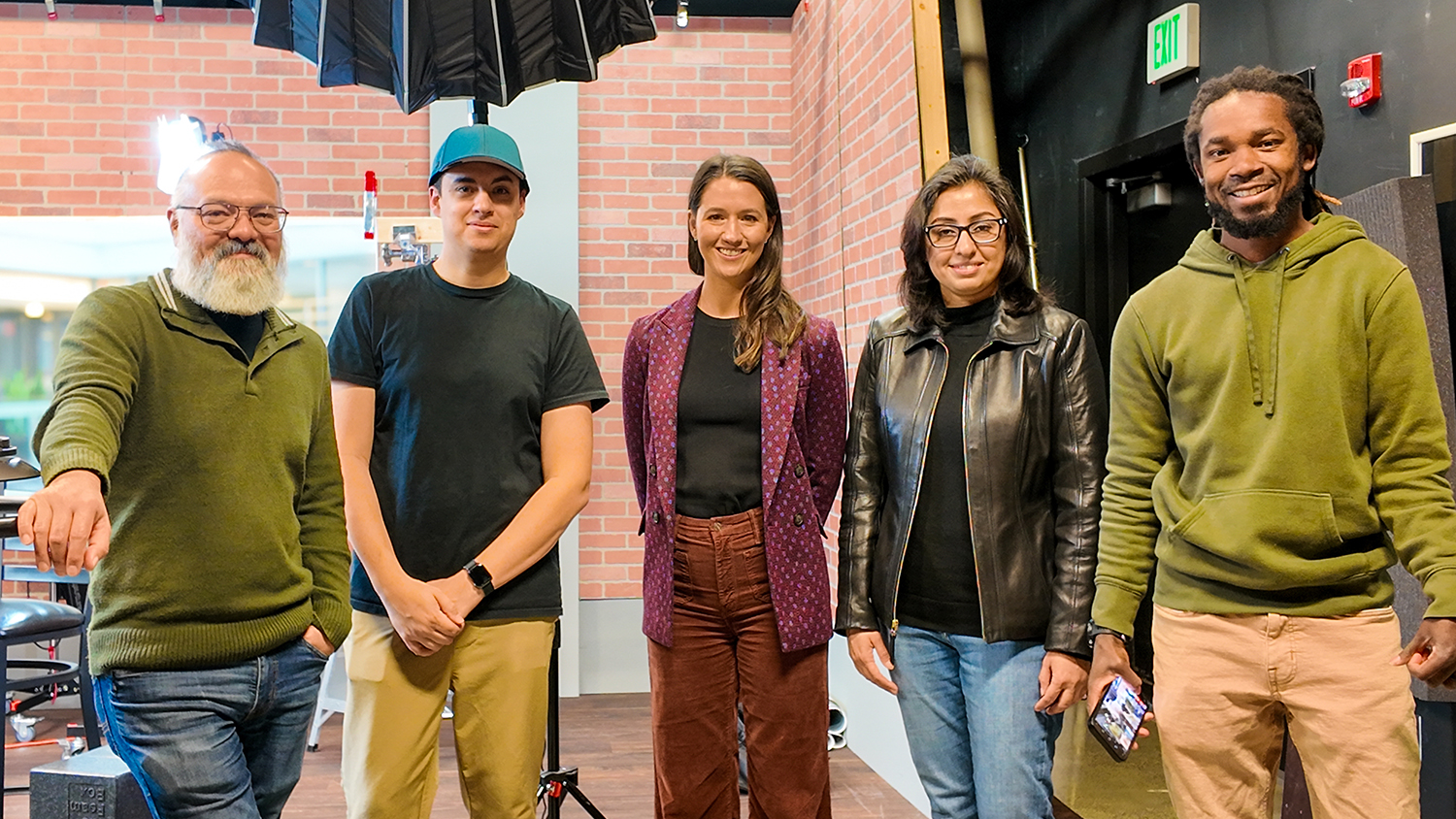Feature Request System Supports Continual Improvement

Efficient, effective, service oriented — a few words to describe how DELTA strives to operate to promote high-quality education at NC State.
Part of how we do this with the DELTA-supported academic technologies is listening and responding to our NC State community.
Since August 2010, a WolfWare Feature Request System has been in place to collect, track and evaluate faculty, staff and students requests for new features, plugins and improvements to NC State learning technologies such as Moodle, Zoom, Mediasite and more.
The feature request system was implemented shortly after NC State’s adoption of the learning management system, Moodle. DELTA’s commitment to being responsive to the campus community was instrumental in choosing Moodle.
“We operate under the assumption that our clients — faculty, staff and students — are the best people to tell us what they need and what does and does not work for them,” says WolfWare Coordinator Marty Dulberg. “We have control over the code and can maintain and change it how we want,” he adds.
Life Cycle of a Feature Request
As of November 2019, 514 feature requests have been submitted. Users also regularly upvote feature requests they agree would be helpful.
“The most common type of request we receive is for additional Moodle functionality such as plugins for attendance, interactivity tools, and more options for multimedia,” says Dulberg. “We also receive requests to modify Moodle to make the interface more usable and intuitive as well as change default settings or configurations,” he adds.
For example, the new student services block in Moodle was created and made available after a feature request from a faculty member.
Feature requests are collected and evaluated twice a year by the WolfWare Governance committees — Best Practices and Support Committee, Customer Needs and Policy Committee, and Technical Concerns Committee — with the final evaluation from the LMS Steering Committee. View the WolfWare Governance Chart to see the full governance structure.
The feature request life cycle starts with a review by Dulberg for clarity and validity and then moves on to the committees. Each committee evaluates the feature request with a specific set of standards related to their areas of expertise. View the WolfWare Standard Operating Procedure for Membership to see what units/departments/colleges are represented on each committee.
The Best Practices and Support Committee evaluates the proposed feature’s ability to foster teaching and engagement in both breadth and depth — how many faculty and students would benefit and the impact on specific courses, programs, departments, etc. The committee also provides general comments on usability, accessibility and how the feature would enhance existing functionality.
The Customer Needs and Policy Committee reviews the feature request based on its impact on college needs and gives the request a priority level based on the number of prospective users and importance to particular programs.
The Technical Concerns Committee considers the technical feasibility of the feature request and rates it on a scale of easy to difficult based on the anticipated cost and resources required.
After evaluation from the committees, the LMS Steering Committee issues a proclamation and makes a recommendation about the feature.
Requests can be marked in the system as under review, planned, alternate solution, on hold, completed or declined. Feedback is documented in the system to let the submitter know which stage the request is in.
If a feature request is denied, Dulberg communicates with the person who submitted the request and provides clarification as to why it was not approved. If a feature request is approved, it will then be prioritized based on available resources and added to the development queue.
To date, of the 514 requests received, 246 were approved and completed, 199 feature requests were declined due to feasibility and other concerns, and 34 were approved and are currently in development. Additionally, 31 feature requests are under review in the fall 2019 batch, one request is on hold, and three new requests are scheduled to be evaluated in spring 2020.
Looking Forward
DELTA will continue to make it a top priority to respond to the needs of the campus community through our collaborative feature request process.
“We are doing this for our community. We consider what is best for most people,” says Dulberg.
DELTA plans to add more Agile practices to the feature request process to cut down on the time from the submission of a request to a decision. Easily completed requests will be approved and finished quickly.
Communication and transparency will continue to be a priority in making decisions related to WolfWare. Check out the WolfWare Roadmap to see what’s coming for WolfWare.
If you are interested in getting involved in the WolfWare Governance process, we would love to hear from you. Reach out directly to WolfWare Coordinator, Marty Dulberg at wolfware_governance@ncsu.edu.
Related:


